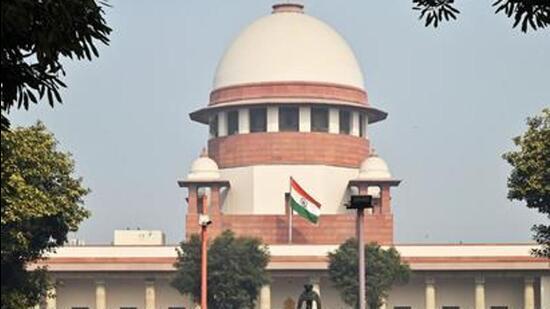
Title: Calling someone ‘Miyan-Tiyan’ & ‘Pakistani’ not an offence: Supreme Court
The Supreme Court of India has recently passed a significant verdict, stating that calling someone “Miyan-Tiyan” and “Pakistani” is not an offence. The court’s decision came after a case was filed against an 80-year-old man who was accused of hurling abuses at an Urdu translator in Jharkhand.
The incident took place when the translator was on his way to a court hearing. The 80-year-old man allegedly used derogatory language against the translator, including calling him “Miyan-Tiyan” and “Pakistani”. The translator was deeply offended by these remarks and decided to file a case against the elderly man.
However, the Supreme Court has now closed the case, stating that the remarks made by the 80-year-old man do not amount to hurting the religious sentiments of the translator. The court’s decision has sparked a heated debate in the country, with many people questioning the reasoning behind the verdict.
Some have argued that calling someone “Pakistani” is a form of racism and discrimination, and that it is unacceptable to use such language. Others have pointed out that the court’s decision may have far-reaching implications, as it could lead to a rise in hate speech and discrimination against certain communities.
On the other hand, some have argued that the court’s decision is a welcome relief, as it recognizes that hurtful language is not necessarily a criminal offense. They argue that the court’s decision is in line with the principles of free speech, which allow individuals to express their opinions and beliefs without fear of persecution.
The Supreme Court’s decision is a complex issue that raises important questions about the limits of free speech and the consequences of using hurtful language. It is a reminder that language has the power to hurt and to heal, and that we must be mindful of the impact that our words can have on others.
In conclusion, the Supreme Court’s decision that calling someone “Miyan-Tiyan” and “Pakistani” is not an offence is a significant one that has sparked a heated debate in the country. While some may view the decision as a welcome relief, others may see it as a sign of a broader problem with hate speech and discrimination. Regardless of one’s views on the issue, it is clear that the court’s decision highlights the importance of using language responsibly and respectfully.






